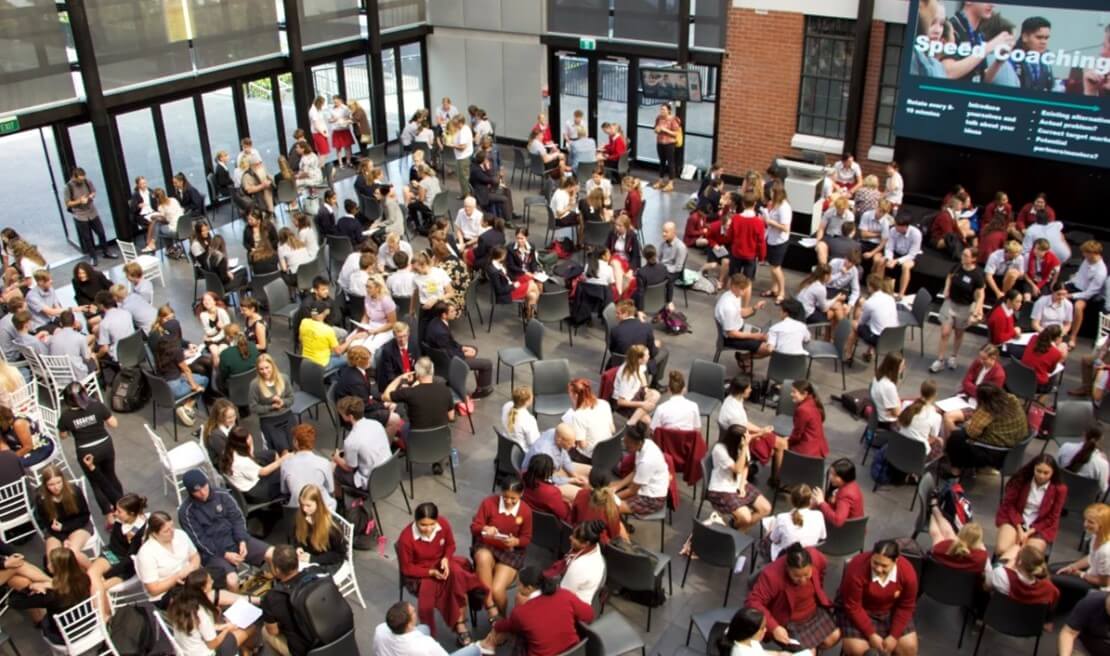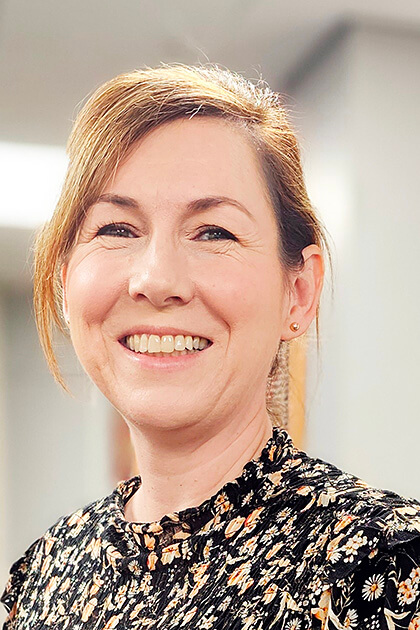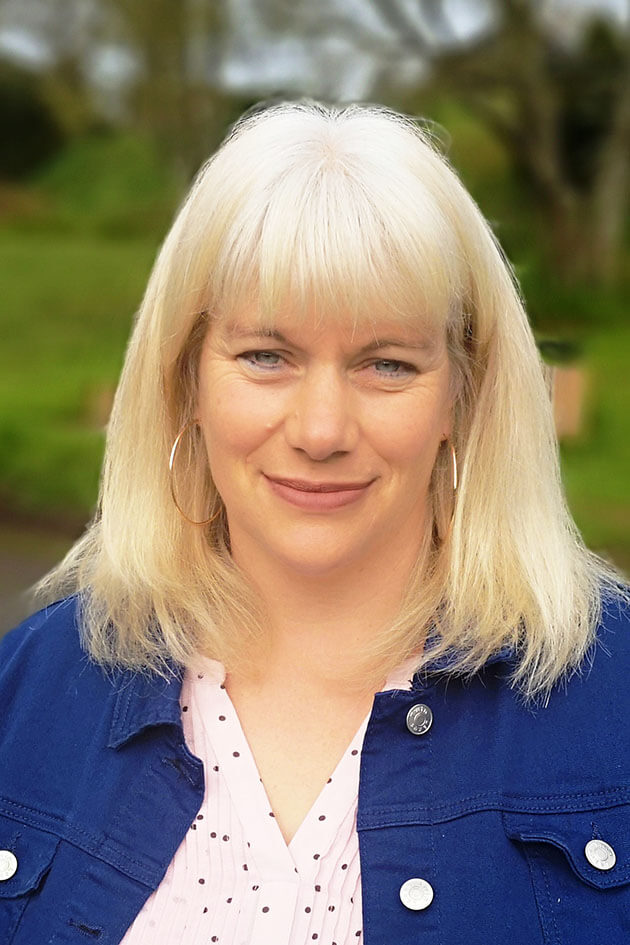
Te Waka works with Smart Waikato which creates change by influencing and shaping regional skills and employment initiatives to enable more equitable opportunities and outcomes for youth and employers.
A quarter of the 360 respondents to a Waikato business sentiment survey, which showed a material drop in confidence across the region, came from Waipā.
Roads, health and housing were the clear infrastructure priorities, Waikato Regional Economic Development Agency (Te Waka) chief executive Fiona Carrick told Waipā District Council’s Strategic Planning and Policy committee this week.
Health, inflation/cost of living, crime, education and skill shortages were the top five priorities overall.
Te Waka is a business-led and governed organisation established to drive economic growth in the region. Ten territorial authorities plus Waikato Regional Council fund the organisation.
Waipā’s portion is $50,000 per year. It costs the region $2 for each person to fund Te Waka whereas nationally most similar organisations work on $19 a head.
Carrick, who lives in Waipā and is a Home of Cycling Charitable Trust (Velodrome) trustee, has been chief executive since July last year.
Te Waka is focussed on long-term industry growth and efficiently generates value for the region, she told the committee.
The survey of 360 businesses showed 46 per cent of Waikato businesses were seeking to grow moderately while 33 per cent intended to stay the same.
Nine per cent were seeking to expand significantly, up on the six per cent on a similar survey six months ago.
New Zealand’s free trade agreement with the United Kingdom, which came into force at the end of last month, had “instantly” reduced costs for Waipā and ongoing engagement would help improve the district’s economic performance, she said.
Waikato is expected to have the largest population growth of all New Zealand regions in the next seven years while it saw the second-highest net internal migration in the year to June 2022.
Its economy grew by five per cent last year.
Waikato’s proximity to both major ports – Auckland and Tauranga – gave it supply chain resilience.
Carrick said the areas of growth and opportunity for Waikato came in logistics and distribution, agriculture, food and energy and advanced manufacturing and technology.
“Our role is to improve the economic performance of the region,” she said.
Committee chair Liz Stolwyk said the work Te Waka was doing was going “unnoticed and undervalued”.
“You’ve brought a lot of people together. Connecting us all together is not always easy,” she said.










